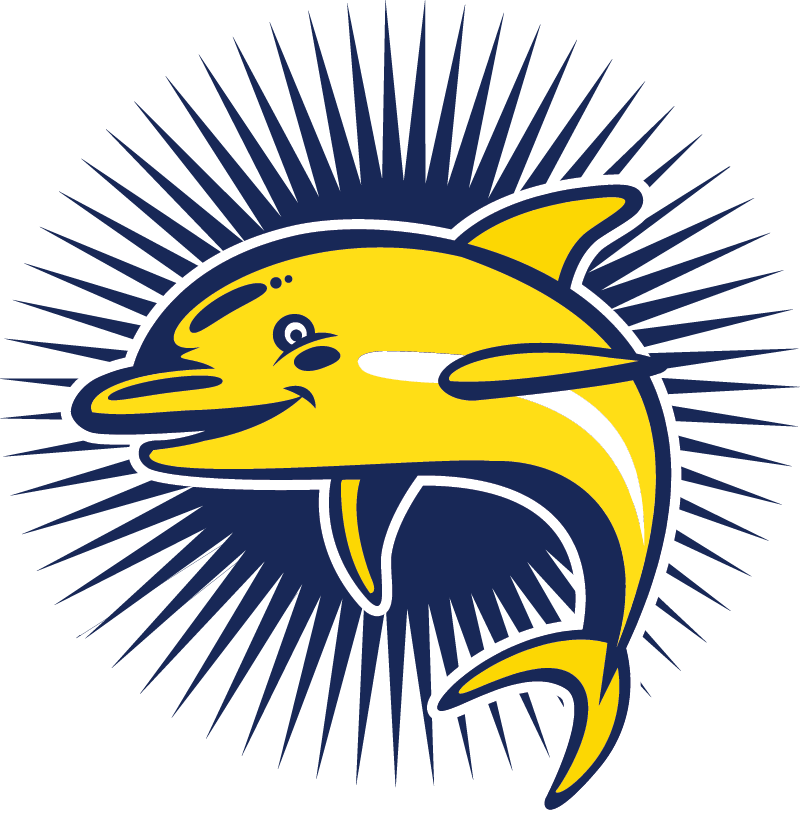Gifted and Talented
Through the U.S. Department of Education Jacob K. Javits Gifted and Talented Students Education Program Grant, Lowell School is increasing the representation of students from underrepresented backgrounds. Students receive individualized learning opportunities and support so they can reach their fullest potential.
Junior Achievement of Wisconsin
The Junior Achievement of Wisconsin program inspires and prepares young people to succeed in a global economy. Junior Achievement of Wisconsin provides activities, guides, thought leadership and other resources to support age-appropriate learning about leadership, jobs, money and more.
LibraryCorps
The Milwaukee Public Library LibraryCorps Program helps young people develop a love of reading, increase information literacy skills, and establish relationships that bridge the gap between in- and out-of-school learning. LibraryCorps mentors help students develop 21st-century skills and connect with library resources to cultivate a city of lifelong learners.
Playworks Wisconsin
In 2023, Playworks Wisconsin ensured more than 23,000 children in 64 elementary schools and youth serving organizations across Wisconsin—including Lowell School—experienced safe and healthy play, including over 700 educators and youth professionals trained statewide. Over 1,000 Wisconsin kids serve as Junior Coach student leaders on the playground by leading games and modeling positive sporting behavior for their peers.
Positive Behavioral Interventions and Supports (PBIS)
Milwaukee Public Schools uses PBIS to promote positive student behavior. After years of use, districts across the country, MPS included, are reporting increases in student achievement, more positive school environments, and fewer classroom disruptions and disciplinary referrals.
PBIS uses a three-tiered approach. Tier one teaches expectations to all students and promotes collaboration and consistency in the classroom: Teachers and students co-design agreements and routines that align with school expectations. Tiers two and three provide structure, interventions, and follow up for students who need more support.
